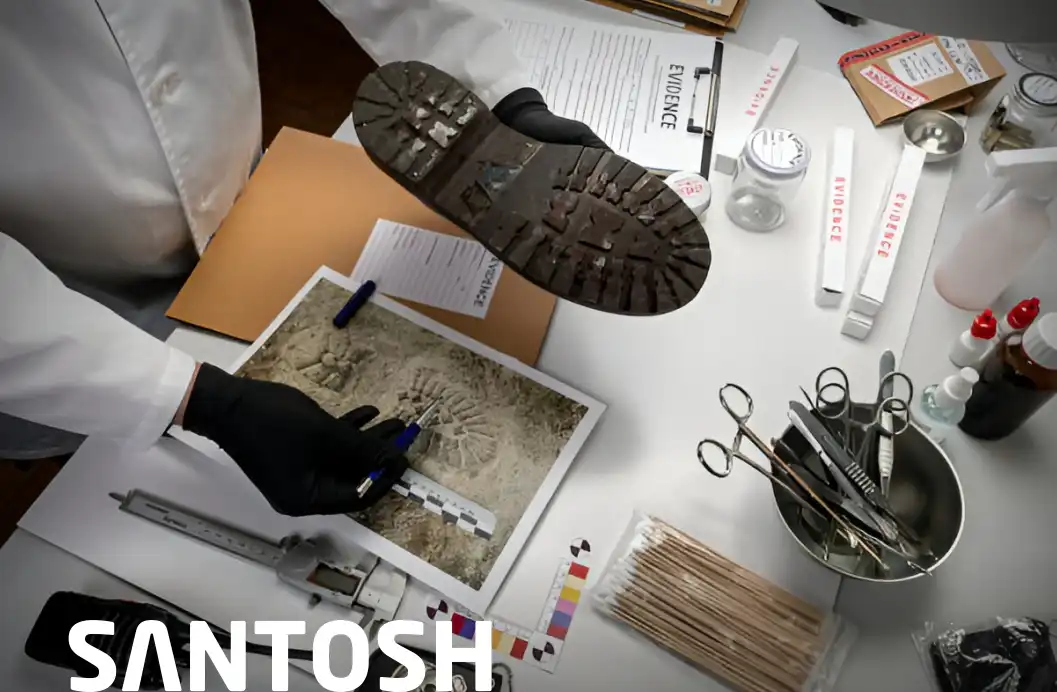Overview
The Postgraduate Diploma in Forensic Medicine as outlined by the National Medical Commission (NMC) in India is designed to provide specialized training for medical professionals in the field of forensic science and medicine.
The PG Diploma in Forensic Medicine as per NMC guidelines provides essential training for medical professionals interested in forensic science. The program emphasizes a comprehensive understanding of both the scientific and legal aspects of forensic medicine, preparing graduates for impactful careers in this specialized field.
Duration: The PG Diploma in Public Health is a two year diploma programme.
Objectives:
The program aims to:
- Equip medical professionals with knowledge of forensic principles and practices
- Develop skills for performing autopsies and interpreting forensic evidence
- Train students in legal aspects related to forensic medicine
- Prepare graduates for roles in forensic investigations and related fields
Curriculum
Introduction to Forensic Medicine:
- Overview of forensic medicine, its history, and significance
- Roles of forensic medicine in the legal system
Medico-Legal Aspects:
- Legal responsibilities and ethical considerations in forensic practice
- Understanding medical jurisprudence, consent, and documentation
Forensic Pathology:
- Techniques for conducting autopsies and determining cause of death
- Examination of injuries, toxicology, and death investigation
Forensic Toxicology:
- Study of the effects of chemicals and drugs on human health
- Methods of detecting and analyzing toxins in biological specimens
Forensic Anthropology:
- Application of anthropological methods to identify human remains
- Understanding skeletal analysis and trauma interpretation
Crime Scene Investigation:
- Principles of crime scene management and evidence collection
- Role of forensic experts in crime scene investigations
Forensic Psychology:
- Understanding the psychological aspects of crime and legal processes
- Assessment of competency and criminal behavior
Practical Experience:
- Field Training: Students often engage in practical training through internships or placements in forensic laboratories or with law enforcement agencies, applying theoretical knowledge in real-world settings.
Evaluation:
- Continuous Assessment: May include assignments, practical evaluations, and participation.
- Final Examination: A comprehensive assessment covering all core modules.
Admission Requirements:
- A recognized undergraduate degree in medicine (MBBS)
- Candidates with experience in clinical or forensic settings may be preferred
Skills Developed:
- Proficiency in forensic examination and autopsy techniques
- Ability to analyze and interpret forensic evidence
- Understanding of legal frameworks and ethical considerations in forensic practice
Team
Career Prospective
Graduates can pursue various roles in:
- Forensic medicine and pathology departments in hospitals
- Law enforcement agencies and investigative bodies
- Forensic laboratories
- Legal consultancies and advisory roles
- Academic and research institutions
